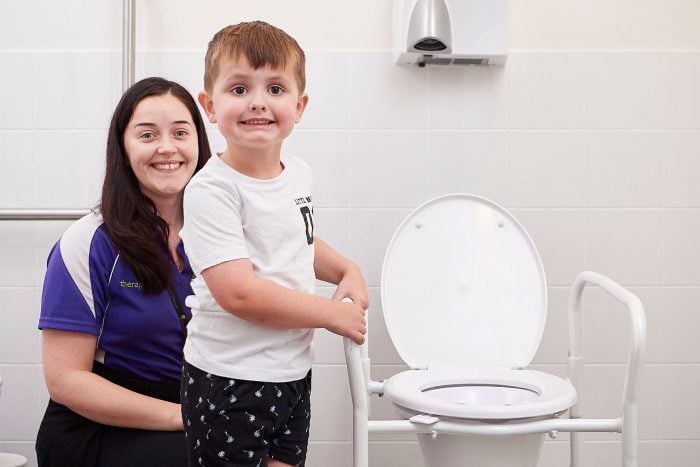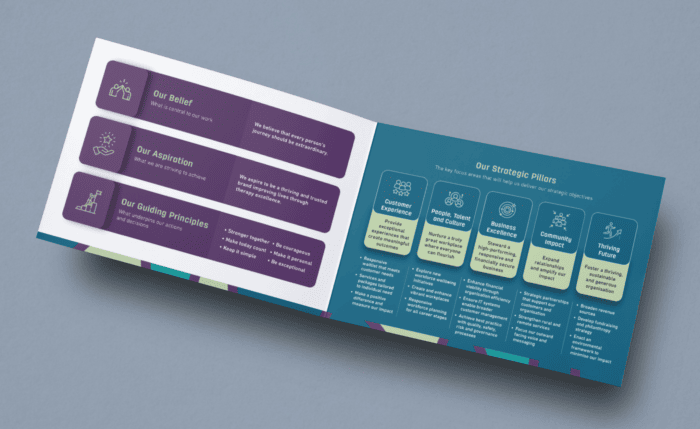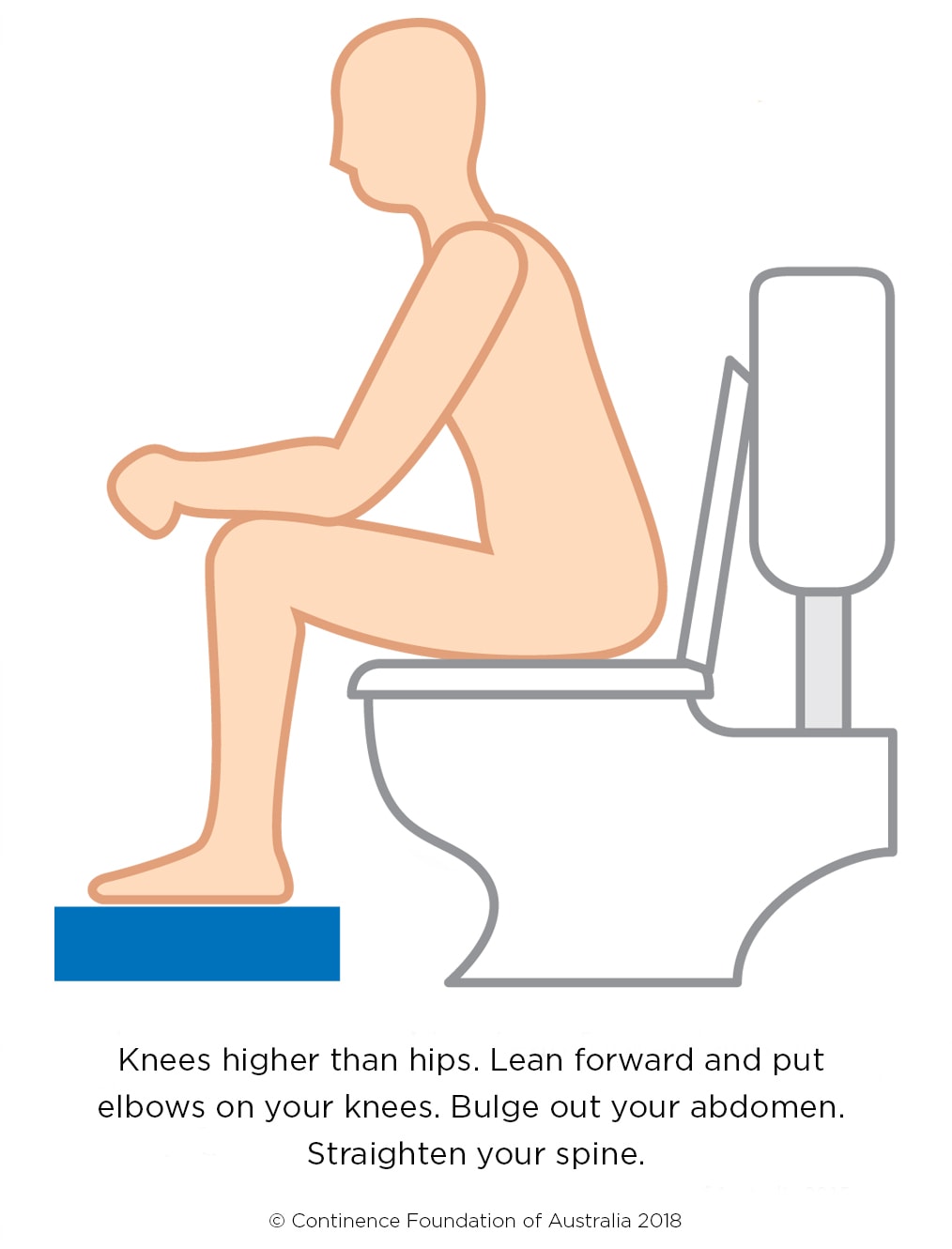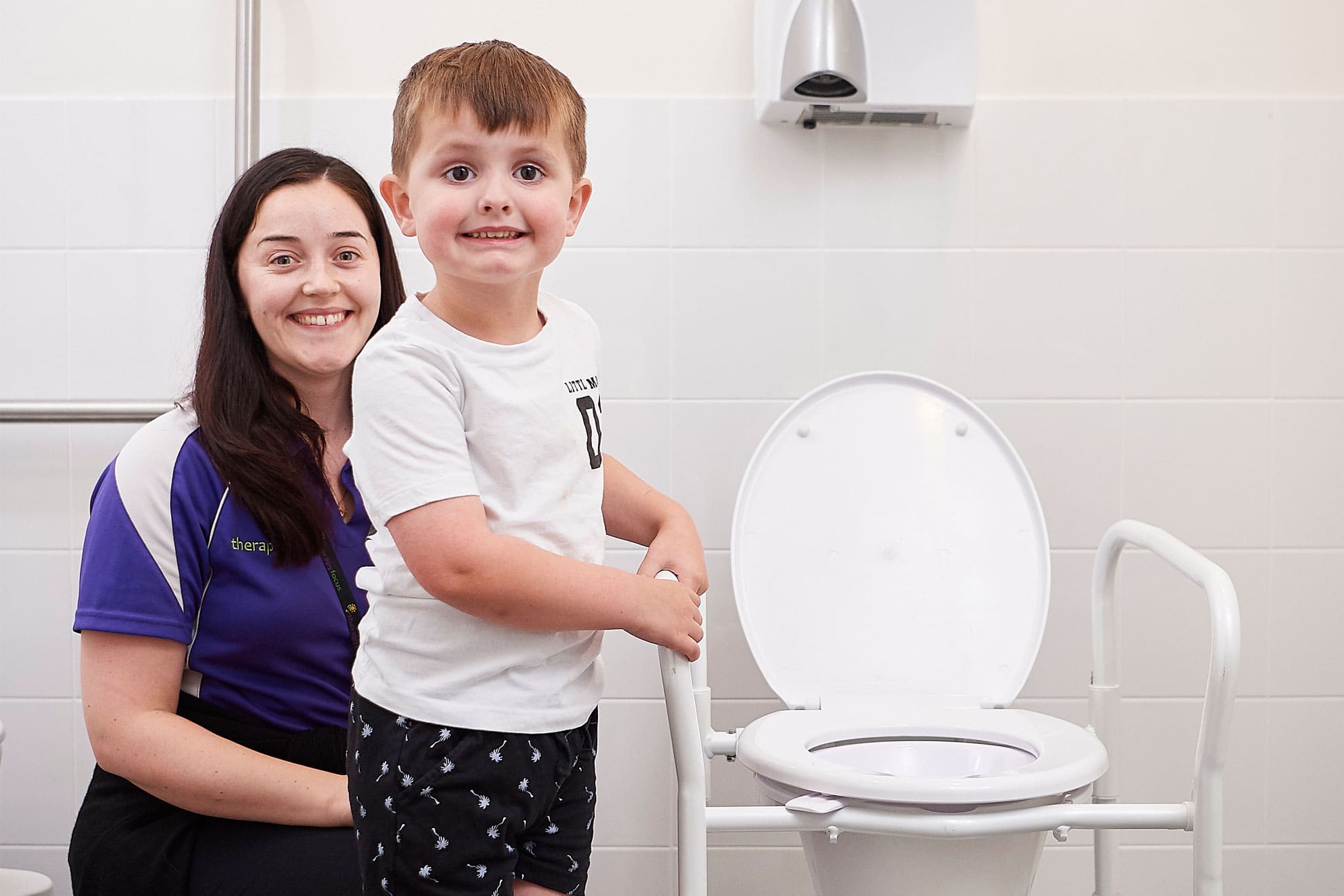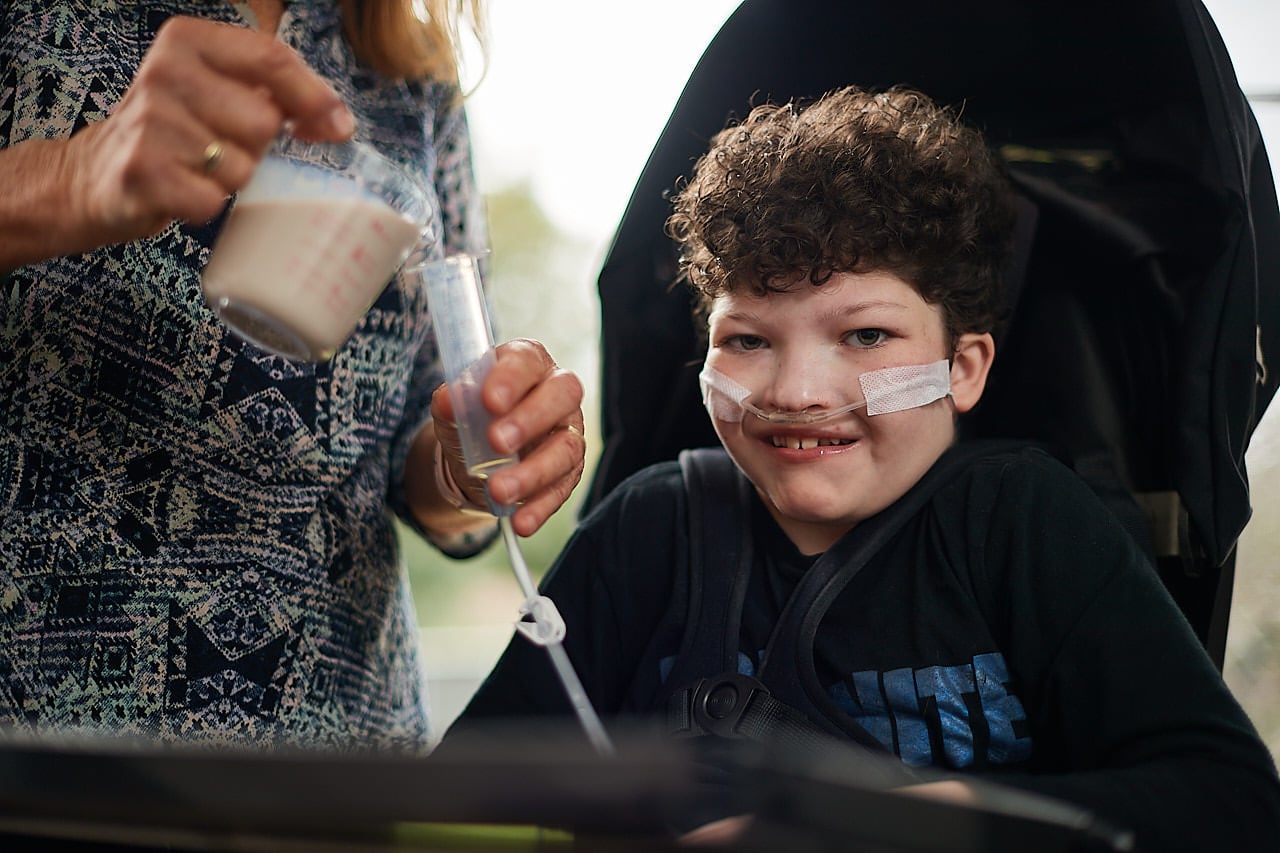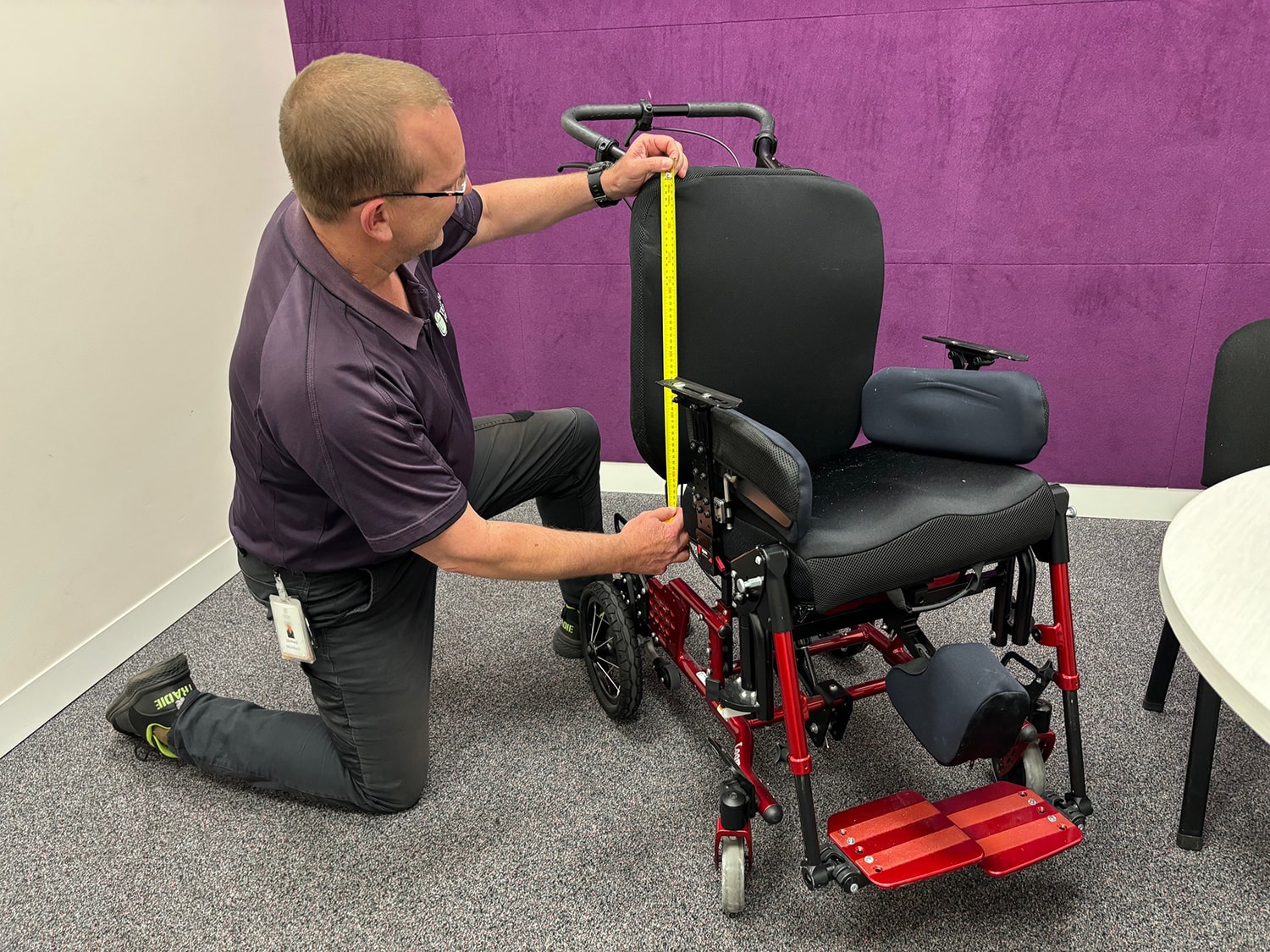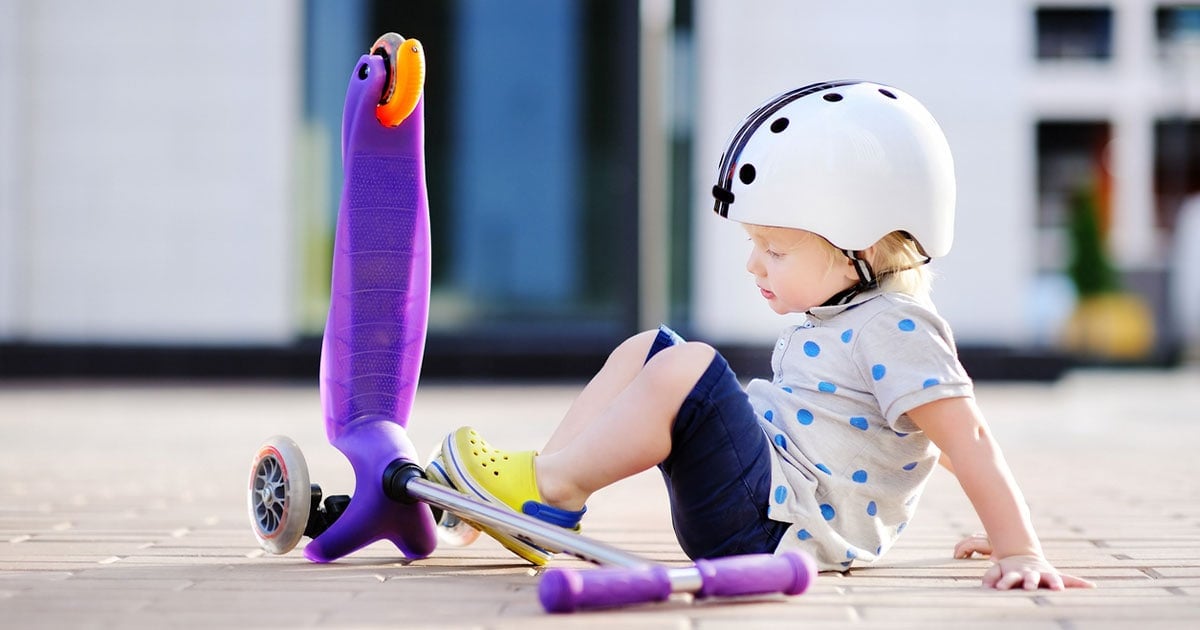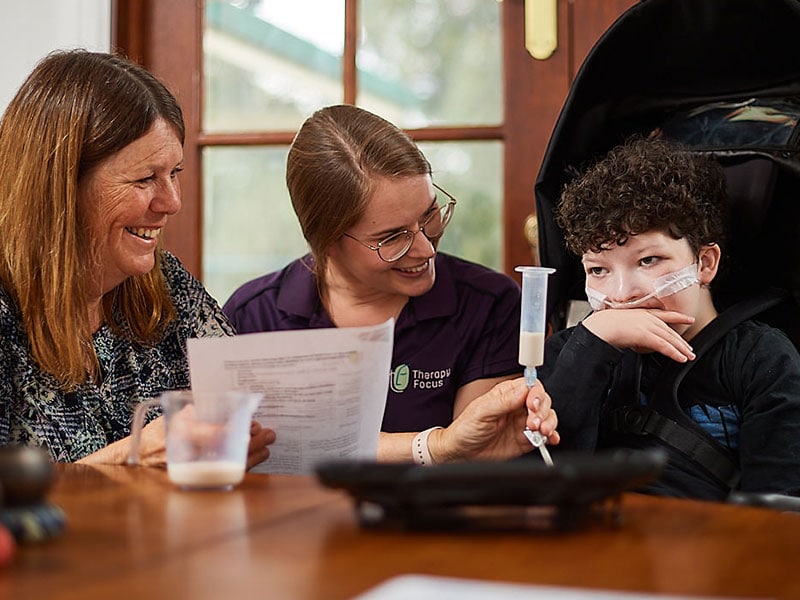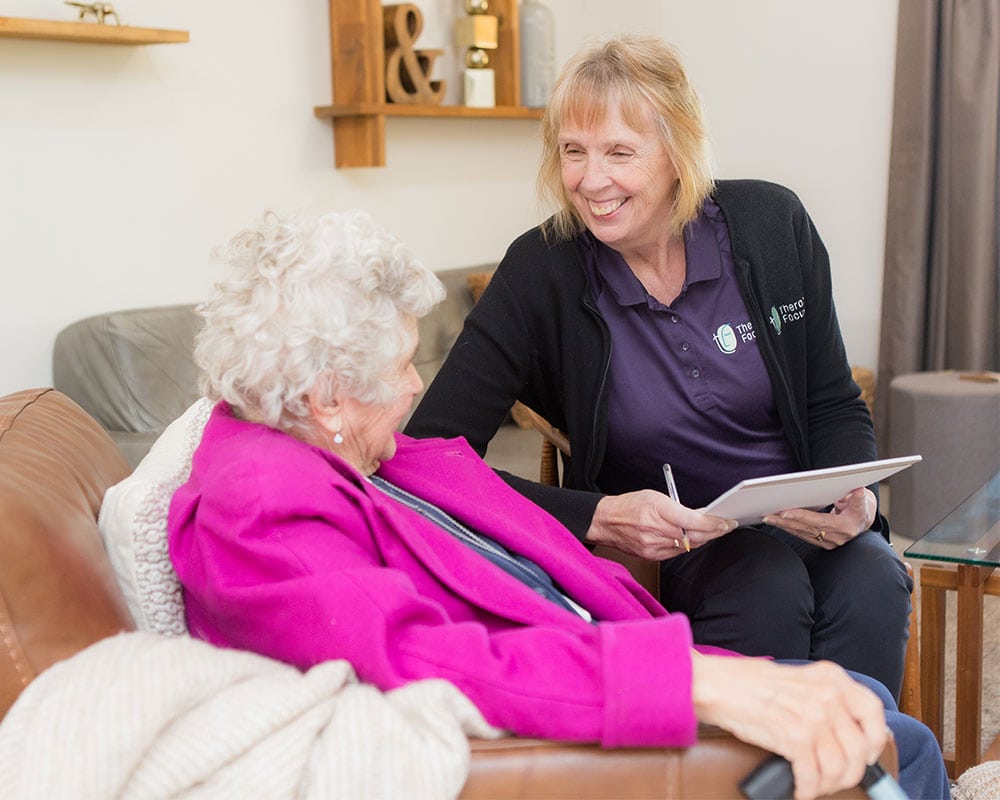Hints for Healthy Bladder and Bowel Habits
Our team have put together some handy hints for keeping your bladder and bowel as healthy as possible.
Common bladder problems
- Going to the toilet frequently or “just in case” you might need to go when out
- Waking at night to go to the toilet more than once
- Having difficulty “holding on”, or leaking before you get to the toilet (urgency, urge incontinence)
- Leaking urine (incontinence)
- Leaking when you cough, sneeze or exert yourself (stress urinary incontinence)
- Having a sensation that your bladder has not emptied properly
- Repeated urinary tract infections
- Experiencing hesitancy, a slow stream or one that starts and stops involuntarily.
Hints to keep your bladder healthy
- Drink 1500-2000 ml of fluid a day (mostly water)
- Expect to go to the toilet every three hours or so during the day
- Pass urine when you need to (not “just in case” you may need to go when out)
- Learn how to effectively exercise your pelvic floor muscles
- Keep your weight within a healthy weight range (excess weight places strain on the pelvic floor muscles)
Common bowel problems
There may be a problem with your bowels if you experience persisting constipation, diarrhoea or very loose stools, leakage of stools (faecal incontinence) or poor ability to control passing wind (gas).
Hints to keep your bowels healthy
- Go to the toilet when you feel the urge to go (try not to keep putting it off).
- Sit with your back straight not slumped, and lean slightly forwards.
- Ensure that your feet are supported either on the ground or on a footstool, ideally, the knees should be raised higher than the hips.
- Being active helps to stimulate the bowels to work. A daily walk is very beneficial.
- Keep hydrated as fluids help prevent constipation.
- Eat well – have a diet rich in fruits and vegetables to ensure that stools are soft, formed (sausage-shaped) and easy to pass.
- Seek advice from your doctor or pharmacist if you are concerned that your medicines are affecting your bowels.
Improving control
Exercising your pelvic floor may be the key for you to improving control. For many people, doing these exercises daily is a must for maintaining bladder and bowel health.
What more can you do?
If you have bladder or bowel control issues, ask a continence nurse or continence physiotherapist for a continence assessment and management plan. They can advise you on ways to improve control.
This may require a referral from a doctor.
Signs of a healthy bladder and bowel
Your bladder is healthy if you:
- Pass urine 4 – 6 times a day
(people under 65 years) or
6 – 8 times (people aged over 65) - Wake no more than once at night to pass urine
- Can “hold on” and reach the toilet in time
- Can cough, sneeze, exercise and lift heavy things without leaking
- Can empty your bladder fully without straining or pain.
Your bowel is healthy if:
- Stools (bowel motions, poo, faeces) are soft, formed and easy to pass (i.e. sausage-shaped)
- Straining (pushing hard) is not needed
- Pain does not occur
- Emptying your bowel takes less than one minute
- People vary in their bowel habits. Normal bowel activity ranges from the bowels being opened 3 times a day to 3 times a week.
Continence Physiotherapy
At Therapy Focus, our Continence Physiotherapists can support children and adults who experience incontinence and toileting challenges.


